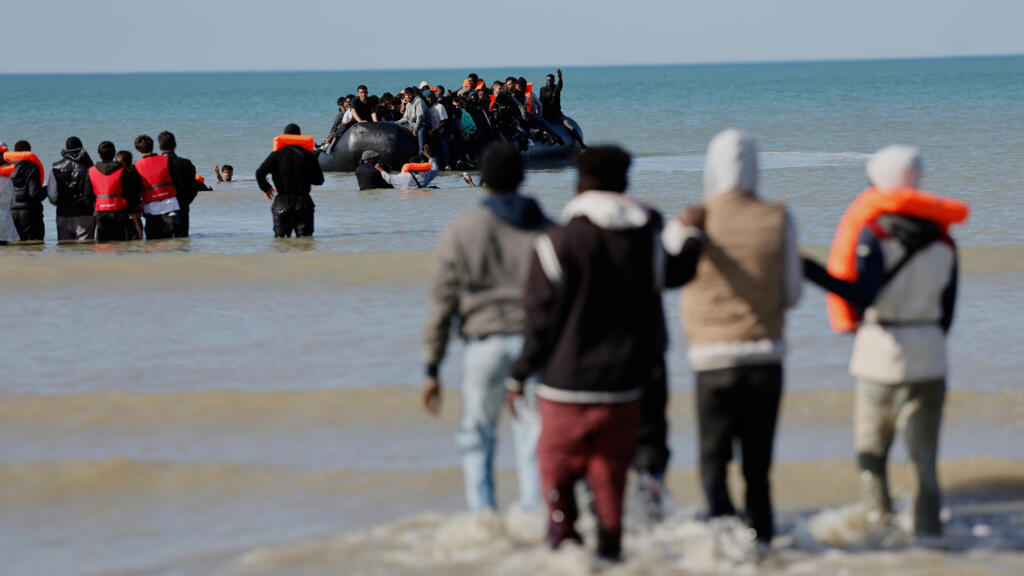A French court has recently concluded a significant case regarding human trafficking, handing down sentences to eight men involved in a smuggling network that operated across Europe. These individuals were found guilty of facilitating illegal migration activities that culminated in a tragic shipwreck in the English Channel in 2023, which resulted in the deaths of seven Afghan nationals. This incident has underscored the urgent need to address the organized crime syndicates that prey on vulnerable migrants seeking safety and a better life in Europe.
The court delivered sentences ranging from three to 15 years, reflecting the severity of the crimes committed by the accused. The judicial proceedings revealed a complex network that was not only involved in smuggling but also highlighted the larger issue of human trafficking across European borders. The tragic loss of life in the Channel shipwreck has brought international attention to this pressing issue, prompting calls for stronger measures to combat such criminal enterprises.
The events surrounding the shipwreck raised serious questions about the accountability of those involved in the smuggling operations. Evidence presented during the trial demonstrated that the smuggling ring had been operating with a clear structure and coordination, making significant profits by exploiting desperate individuals attempting to cross the perilous waters of the Channel. The defendants were found to have orchestrated these crossings, often putting the lives of their clients at risk in overcrowded and unsafe boats.
This case is part of a broader investigation into human trafficking in Europe, where many migrants are subjected to exploitation by organized criminal networks. The complexity of these operations highlights the challenges faced by European nations in addressing both the legal and humanitarian aspects of migration. The court's ruling reflects a growing recognition of the need for cooperative international efforts to dismantle these trafficking networks and provide safer routes for those seeking asylum.
Following the verdict, various human rights organizations have advocated for more robust policies aimed at protecting migrants from exploitation. They argue that punitive measures alone will not suffice; instead, there must be a concerted effort to understand the root causes of migration and to provide support for individuals fleeing conflict and persecution. The sentencing of the eight men could serve as a deterrent, but it also emphasizes the need for comprehensive approaches to prevent future tragedies at sea.
In the wake of the court’s decision, discussions are likely to continue on the need for reform in immigration policies and law enforcement strategies across Europe. As countries grapple with the complexities of migration, it is clear that the intersection of organized crime and humanitarian crises requires urgent attention and coordinated action among nations. The tragic shipwreck that claimed the lives of seven Afghan individuals serves as a stark reminder of the risks that migrants face and the dire circumstances that drive them to undertake such perilous journeys.












